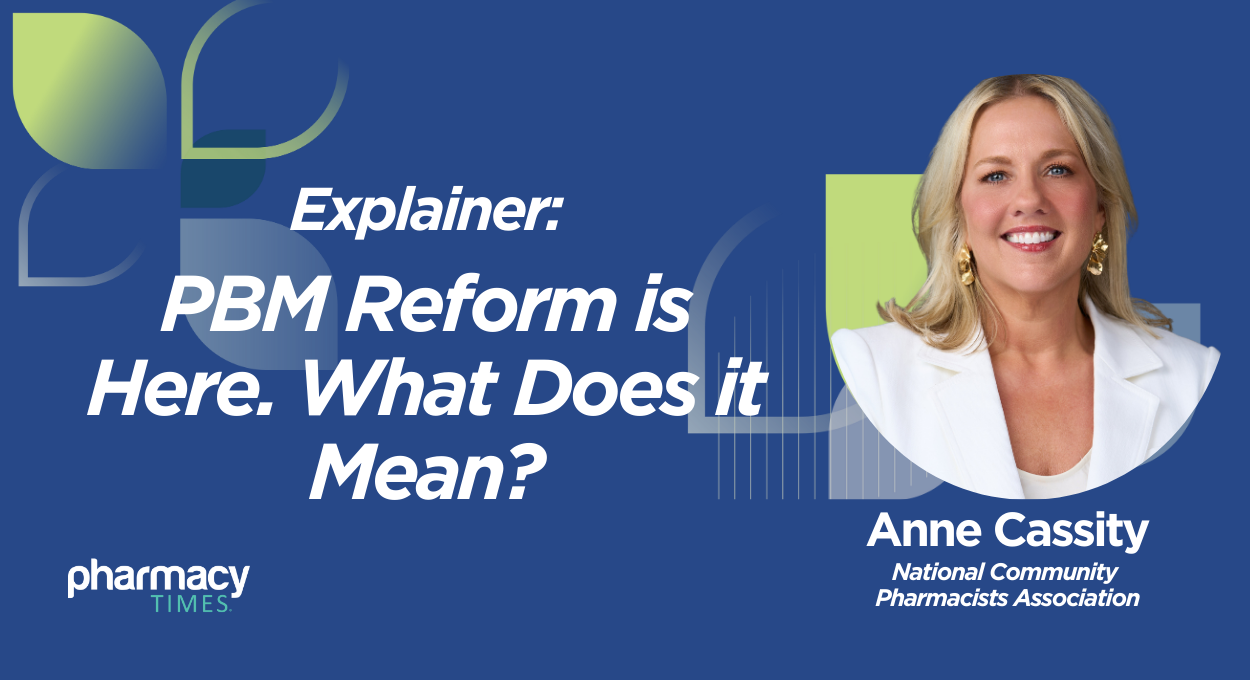Pharmacist Moms Group™

Joe Saseen highlights how pharmacists can close treatment gaps in dyslipidemia by initiating appropriate statin intensity early, using combination therapy when needed, and proactively assessing adherence.

Counseling Patients With oHCM – Using Data to Instill Confidence

Anne Cassity of the NCPA outlines the historic passage of federal pharmacy benefit manager (PBM) reform and explains how new Medicare Part D contracting standards could reshape reimbursement and oversight for community pharmacies.

MammaPrint genomic profiling guides personalized HR-positive breast cancer treatment, helping pharmacists and oncology teams reduce chemo use while protecting outcomes.

MS experts say MRI and current trial endpoints miss “smoldering” progression; emerging biomarkers, 7T imaging, PROs, and CNS-penetrant therapies aim to close gaps.

Learn how hidden neuroinflammation drives MS progression, why MRI may miss it, and how rim lesions and testing track disability.

Pharmacists are central to optimizing chronic kidney disease (CKD) diagnosis and monitoring long-term adherence to disease-modifying therapies.

Pharmacists can use collaborative practice agreements in neurology to manage multiple sclerosis medications, labs, and expand care beyond disease-modifying therapies.

Oncology pharmacists use MammaPrint to target anthracyclines in high-risk breast cancer, sparing others cardiotoxicity and severe nausea.






.png)



